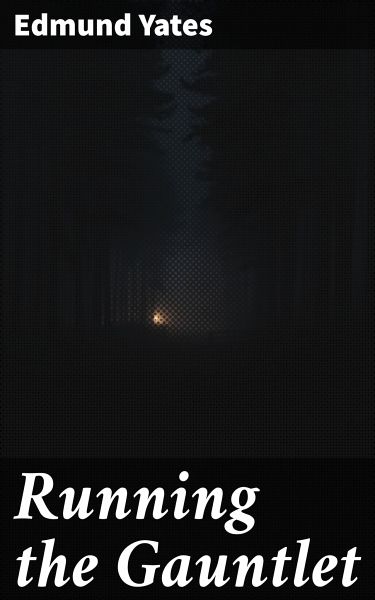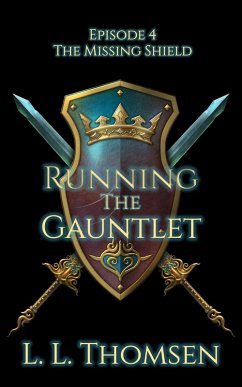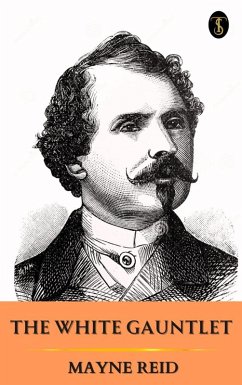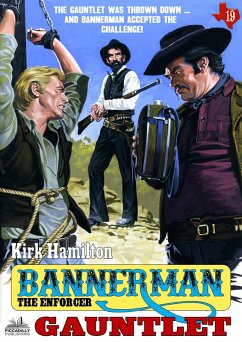
Running the Gauntlet (eBook, ePUB)
A Novel

PAYBACK Punkte
0 °P sammeln!
In "Running the Gauntlet," Edmund Yates presents a vivid narrative that intertwines themes of social class, struggle, and determination within the bustling milieu of Victorian England. Characterized by its rich dialogue and immersive descriptions, Yates's literary style echoes the naturalism of his contemporaries, while also reflecting the delicate balance of humor and tragedy that defines human experience. The novel captures the hardships and triumphs of its characters with a profound sense of realism, drawing readers into the world of 19th-century urban life where aspirations clash with the ...
In "Running the Gauntlet," Edmund Yates presents a vivid narrative that intertwines themes of social class, struggle, and determination within the bustling milieu of Victorian England. Characterized by its rich dialogue and immersive descriptions, Yates's literary style echoes the naturalism of his contemporaries, while also reflecting the delicate balance of humor and tragedy that defines human experience. The novel captures the hardships and triumphs of its characters with a profound sense of realism, drawing readers into the world of 19th-century urban life where aspirations clash with the unyielding realities of society's expectations. Edmund Yates, a prominent figure in the Victorian literary scene, was deeply influenced by his background in journalism and his interest in socioeconomic issues. Having experienced the tumultuous life of the working class through his reporting, Yates gained a unique insight into their struggles and aspirations. "Running the Gauntlet" can be seen as a culmination of his experiences, a reflection of his empathy towards the disenfranchised, and a critique of the class disparities prevalent in his era. This novel is a compelling read for those interested in Victorian literature, social commentary, and character-driven stories. Yates's ability to weave intricate narratives that both entertain and provoke thought makes this book an essential addition to any literary collection, inviting readers to reflect on the enduring themes of resilience and hope in the face of adversity.
Dieser Download kann aus rechtlichen Gründen nur mit Rechnungsadresse in A, B, BG, CY, CZ, D, DK, EW, E, FIN, F, GR, H, IRL, I, LT, L, LR, M, NL, PL, P, R, S, SLO, SK ausgeliefert werden.













